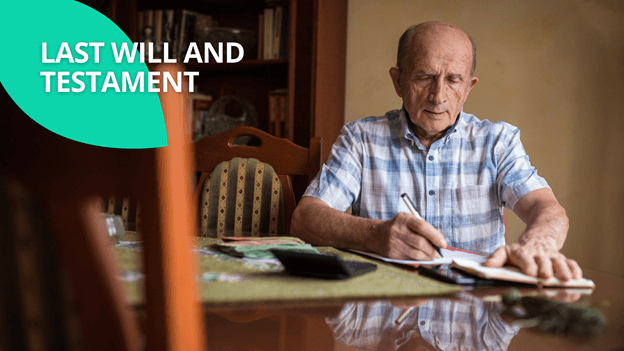
You Have a Will—But Is It Enough?

Having a will is a crucial step in protecting your assets and ensuring your loved ones are cared for after you’re gone. If you’ve already taken this step, you’re ahead of many Americans who have yet to create one.
However, a will alone may not be enough to cover all aspects of your estate. To ensure your wishes are fully honored and your assets are efficiently managed, you may need a more comprehensive estate plan.
Why an Estate Plan Matters More Than Just a Will
A will serves as a basic document to distribute your assets after your passing, but it has limitations. A complete estate plan provides additional layers of protection, ensuring your financial affairs and health care decisions are managed if you become incapacitated. It can also save your heirs from lengthy legal battles, unnecessary taxes, and costly court fees.
Here are key elements to consider when creating an estate plan:
1. Providing for Your Loved Ones
If you have children or grandchildren, your estate plan should include more than just naming beneficiaries. For minor children, appointing a guardian is essential. Additionally, you may need to designate a conservator to manage the assets they inherit until they reach adulthood. Trusts can also be established to distribute assets according to specific conditions, such as reaching a certain age or achieving educational milestones.
2. Avoiding Probate and Maintaining Privacy
One major drawback of relying solely on a will is that it must go through probate—a court-supervised process that can be time-consuming and expensive. Probate proceedings are also public, meaning anyone can access details about your estate, assets, and beneficiaries. A properly structured estate plan, including a living trust, can help your heirs avoid probate, minimize legal fees, and keep your financial affairs private.
3. Managing Digital Assets
In today’s digital world, your online presence—including banking, investments, and social media—should be part of your estate plan. Without proper arrangements, your family may struggle to access critical accounts. Consider maintaining a secure record of your passwords and granting trusted individuals authority to manage your digital assets through a power of attorney.
4. Planning for Incapacity
An estate plan isn’t just about distributing assets—it also ensures your health care and financial decisions are handled according to your wishes if you become unable to make them yourself. A power of attorney for finances allows a trusted person to manage your assets, while an advance health care directive ensures your medical preferences are honored.
5. Addressing Tax Implications
While federal estate taxes currently apply to only the largest estates, state-level estate and inheritance taxes vary. A well-crafted estate plan can help minimize tax burdens and ensure a smooth transition of wealth to your heirs.
Secure Your Legacy with a Comprehensive Plan
Every estate is unique, and a one-size-fits-all approach doesn’t work when protecting your assets and loved ones.
Reach out to us today. We can help you develop a customized plan that aligns with your goals, ensures your wishes are honored, and provides peace of mind for you and your family.
If you’re ready to take the next step in securing your legacy, click the link below and schedule a consultation with us.








